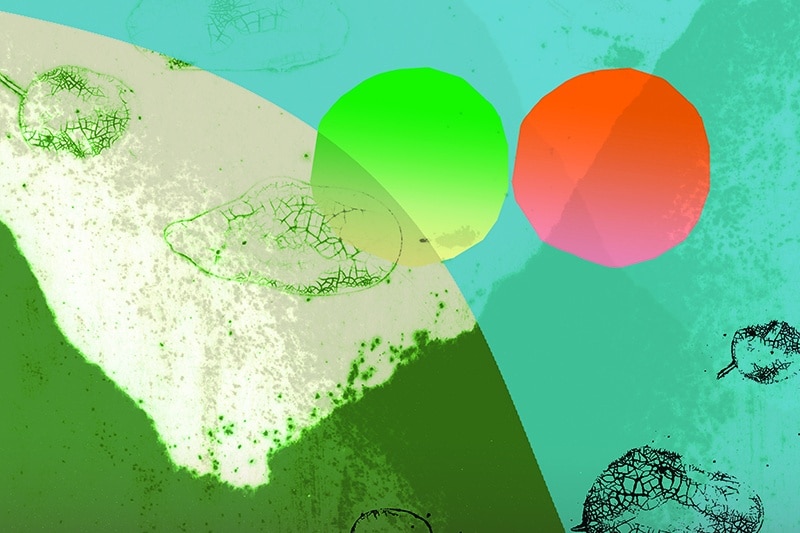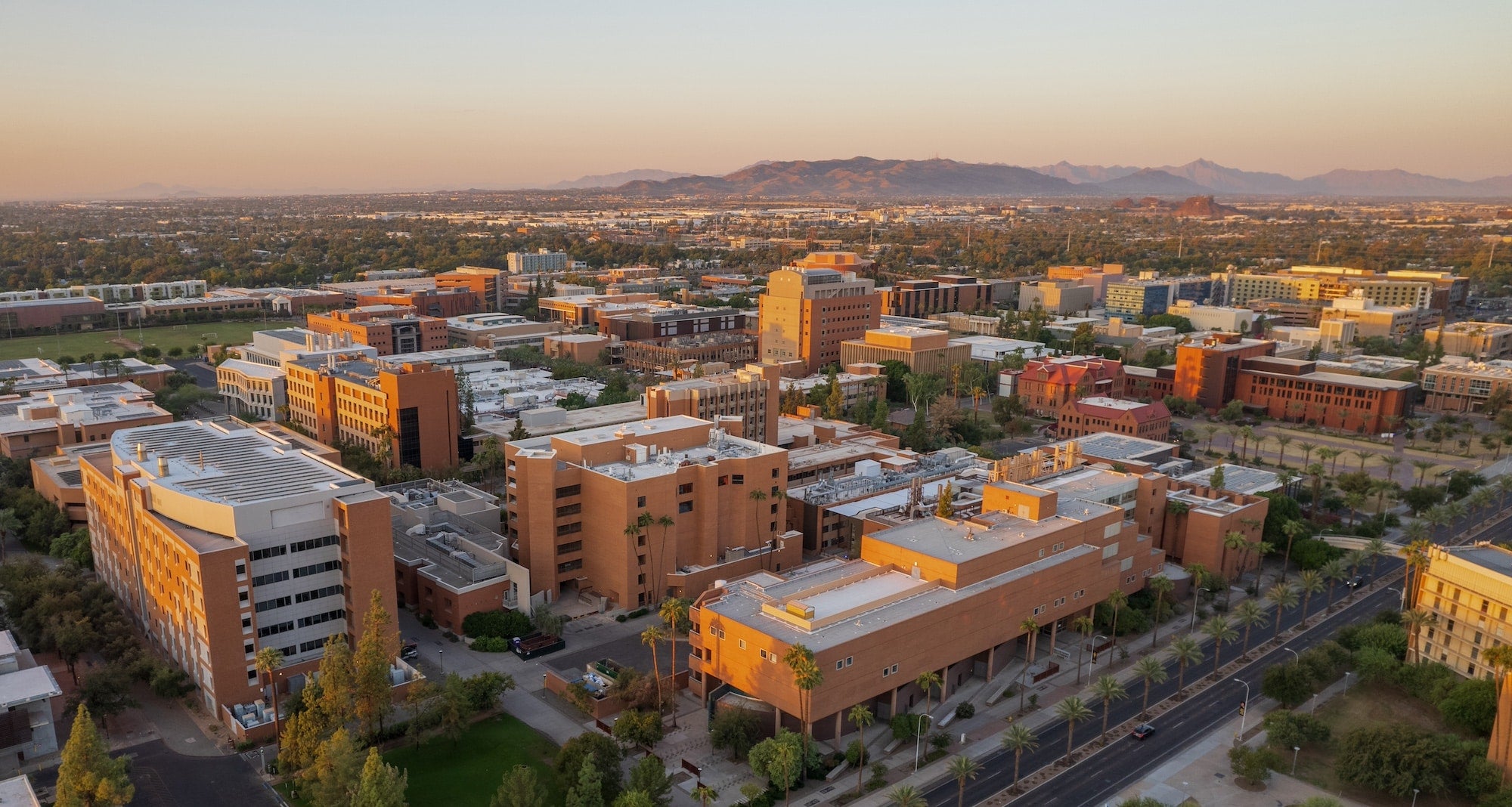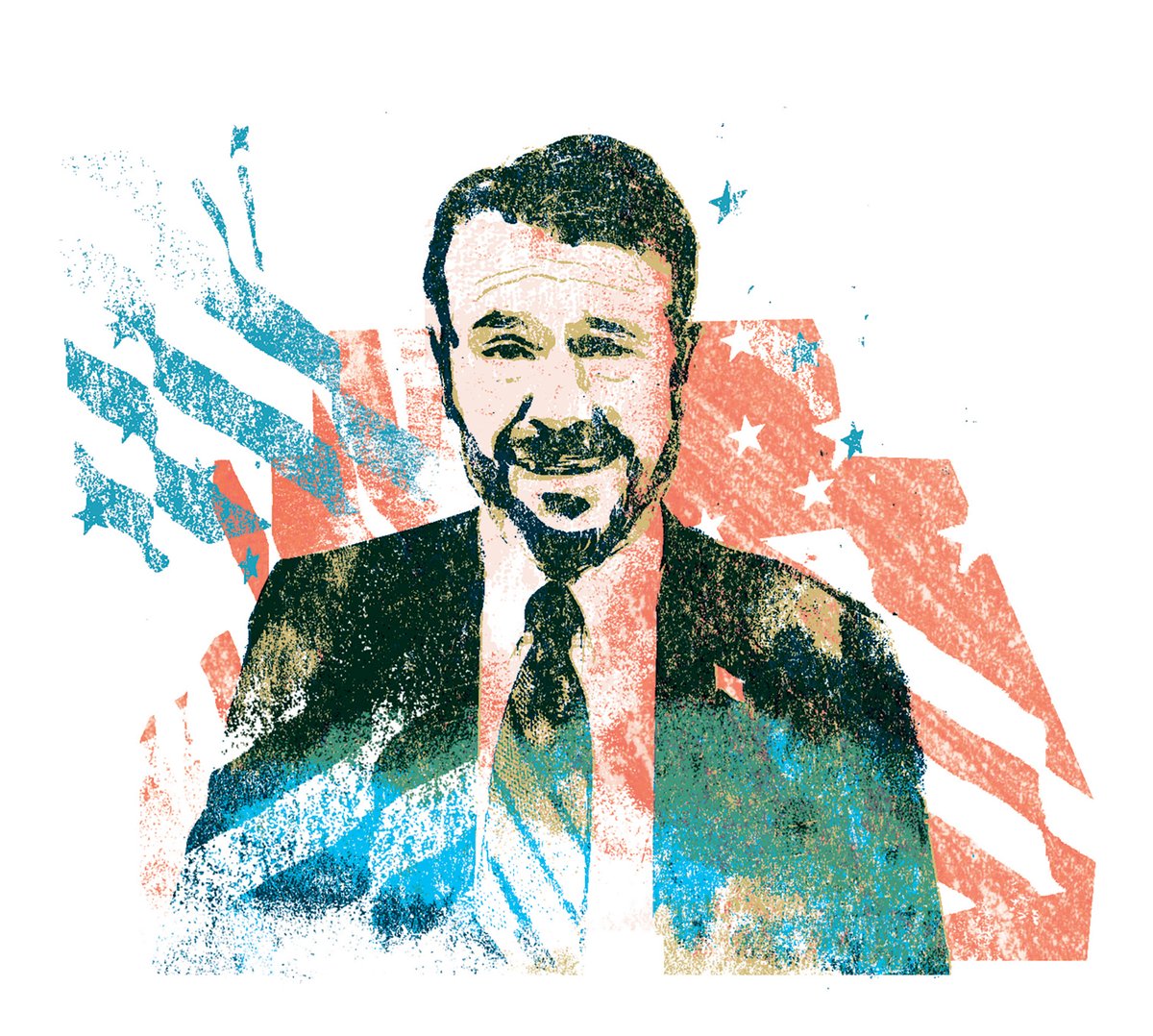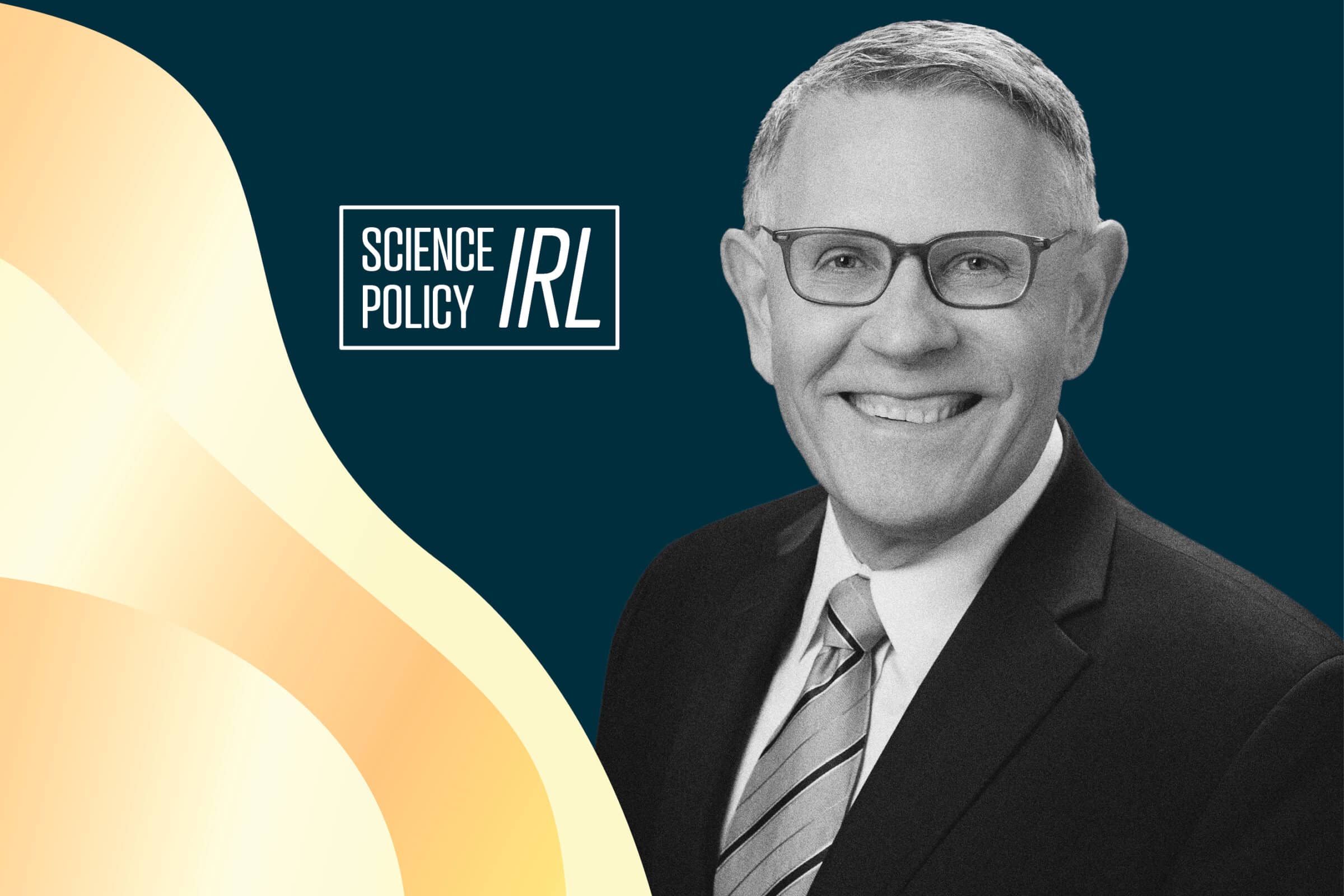
Issues in Science and Technology
@ISSUESinST
ISSUES is an award-winning journal published by @ASU and @theNASciences devoted to the best writing on policy related to science, technology, and society.
A take worth reading on #scipol reform debate by @ISSUESinST's @LisaMargonelli Back to Vannevar Bush or to what's next in the Endless Frontier? issues.org/innovation-hid…
How should scientists navigate research that lies on a slippery slope between “unquestionably morally acceptable” and a “dystopian scenario that must be avoided”? A group of ethicists & scientists propose a framework for building barriers on such slopes: issues.org/mirror-life-sl…

Universities “unleashed an age of massive technical innovation,” @michaelcrow, William Dabars, & @DavidRosowsky write—but the social outcomes of their work fell short. For decades, @ASU has been redesigning itself to meet social AND technical challenges. issues.org/universities-r…

“Trust in science has lately emerged as the Snark of American politics.” #STS scholar @SJasanoff employs two Lewis Carroll characters—the Snark and the Boojum—in explaining the “strangely undefined” quest to understand public trust in science. issues.org/snark-boojum-s…

Biotech has major implications for our economy and national security. I spoke with @ISSUESinST about how biotechnology can strengthen America’s warfighters, modernize agriculture, and enhance life sciences. issues.org/interview-sena…
In a new interview for @ISSUESinST, @SenToddYoung — current chair of the bipartisan National Security Commission on Emerging Biotechnology — shares his vision for how emerging #biotech can revolutionize agriculture, industry, and warfighting. Read: ow.ly/4m4750WlSSg
“Our commission envisions a future in which Americans engage with biotechnology the same way they do with cell phones and computers.” Read our interview with Indiana’s @SenToddYoung, chair of the National Security Commission on Emerging Biotechnology: issues.org/interview-sena…

Neil Chilson from @abundanceinst discusses what it’s like to work at a #ThinkTank, the #AI questions motivating his #SciencePolicy work, and why he's optimistic about our technological future in a new @ISSUESinST podcast. Listen or read: ow.ly/9jGG50Wf1lg
Who doesn’t hate grant proposals? @UCDavisCCS’s @RyanMeyerSF and @SloanFoundation’s @MichelsonEvan—that’s who. Read their dialogue about finding the fun and creativity in the proposal process and their recommendations for making it better: issues.org/proposals-part…

#ADHD was once thought to only affect only children, but research has shown that the condition often persists throughout life. Learn about #AdultADHD — including the complexities in how it’s diagnosed and treated— in a new @ISSUESinST podcast: ow.ly/zVz150W4ltL
Starting soon: How Did Science Become So Polarizing? Register here: asu.zoom.us/webinar/regist…
"Trust in science has emerged as a central dividing line in our society," says a recent @ISSUESinST piece. How did that happen, and what can we do about it? I'm moderating a panel tomorrow in which some very smart people will grapple with those questions. issues.org/event/how-did-…
Federal science agencies rarely share publicly what grant proposals they choose *not* to fund, hamstringing #metascience efforts. @stuartbuck1 & @csmarcum make the case for why they should: issues.org/unfunded-grant…

On the latest episode of our podcast series exploring what it’s like to have a career in #sciencepolicy, former White House Office of Science and Technology Policy director @kdroege reflects on his career and considers the future. Listen here: issues.org/kelvin-droegem…

How Did Science Become So Polarizing? On Thursday @ 4:00, join @ISSUESinST for a panel feat. @AEI's Tony Mills about how science became such a polarizing subject in American life, and what that means for public health and science funding issues.org/event/how-did-…